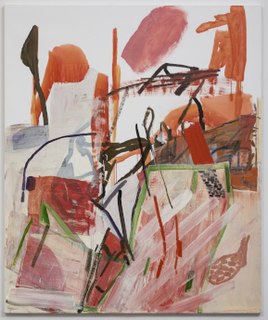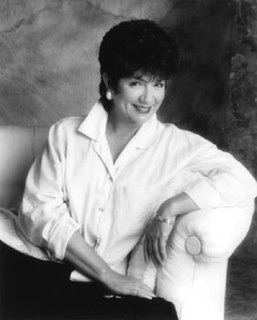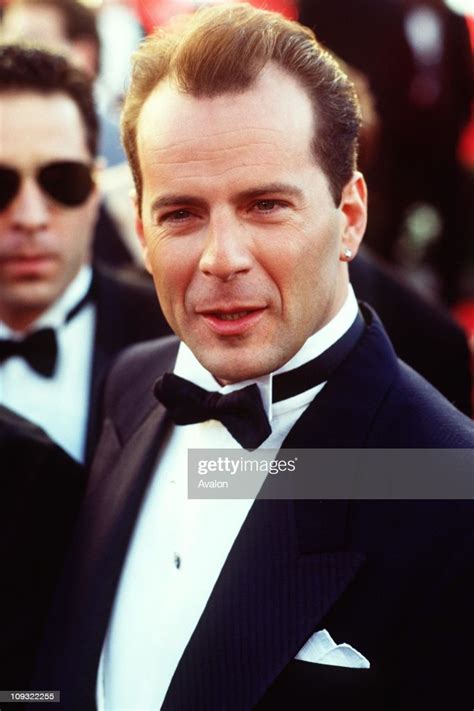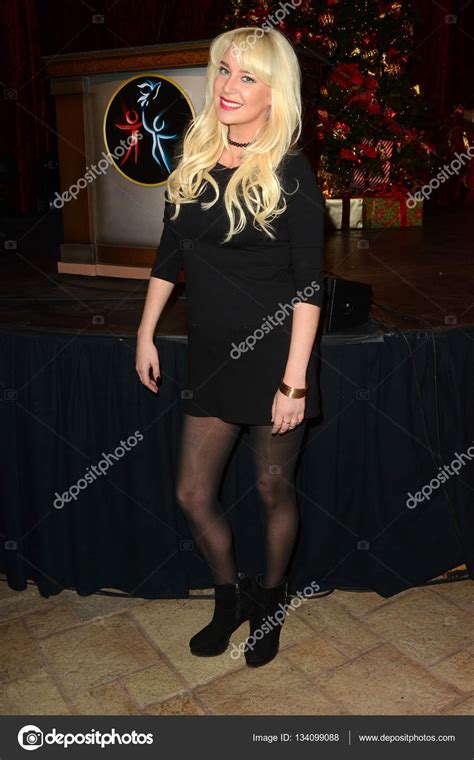A Quote by Jeffrey Eugenides
I want an ending that's satisfying. I'm more of a classical writer than a modernist one in that I want the ending to be coherent and feel like an ending. I don't like when it just seems to putter out. I mean, life is chaotic enough.
Related Quotes
I want to expand the question of when something is done. I want to vex the ending. I want to mess around with that. I like the idea that if you make a work that has no clear ending, then you must play with the ending. Because if you don't, you're not highlighting the weird, lovely openness of abstraction.
Now, I want to explain something to you guys. I don't have an ending joke, because I don't tell jokes. I tell real-life stories and make them funny. So, I'm not like the average comedian. They have an ending joke; they always holler Peace! I'm out of here, and walk off stage. So, basically, when I get through performing on stage, I just walk off.
It's always easiest for me as a writer if I know I have a great ending. It can make everything else work. If you don't have a good ending, it's the hardest things in the world to come up with one. I always loved the ending of 'The Kite Runner,' and the scenes that are most faithful to the book are the last few scenes.
Maybe my movie isn't over, I say, because sometimes moviemakers trick the audience with a false bad ending, and just when you think the movie is going to end badly, something dramatic happens, which leads to the happy ending. This seems like a good spot for something dramatic to happen, especially since it's my birthday.






































